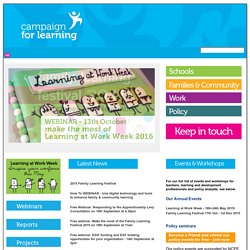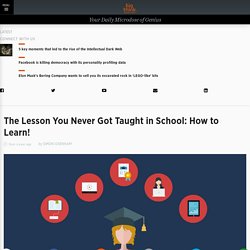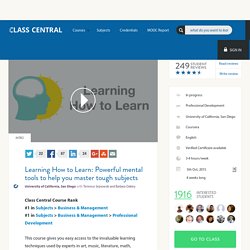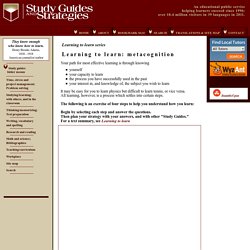

Untitled. The Academy of Critical Thinking Offering Online Learning Workshops and Conferences for Educators and Administrators Advancing the concept and realization of fairminded critical societies through scholarship and advocacy in critical thinking, recognition of exemplary practice, and ongoing learning opportunities.

The Foundation for Critical Thinking is a 501(c)(3) nonprofit organization. For 35 years we have argued for a fairminded conception of critical thinking in education and society. Please champion the work of the FCT through a contribution or purchase of our educational materials. Visit our bookstore ... Contribute to the work of the Foundation Upcoming Academic Webinars Presented by Dr. October 14th, 2015 3:00pm - 4:00pm PDT Video From Past Complimentary Webinars With Dr. Using the Thinker's Guide to Analytic Thinking in the Classroom: From the Thinker's Guide Series September 16th, 2015 Practical Ideas for Improving Student Learning June 3rd, 2015 May 6th, 2015 April 8th, 2015. Welcome to the Campaign for Learning's website!
For our full list of events and workshops for teachers, learning and development professionals and policy analysts, see below.

Our Annual Events Learning at Work Week - 18th-24th May 2015! Family Learning Festival 17th Oct - 1st Nov 2015 Policy seminars Our policy events are supported by NCFE www.ncfe.org.uk Free webinar: Responding to the Apprenticeship Levy ConsultationOnline Webinar 16-Sep-2015 FE area reviews: What do we know so far? An update with Michael Davis, CEO, UK Commission for Employment and SkillsCampaign for Learning 24 Greencoat Place London SW1P 1RD 24-Nov-2015 The 2015 Spending Review – analysis of implications for learning, skills and employment policy with Mark Corney, Campaign for Learning and Sue Pember, HOLEXCampaign for Learning 24 Greencoat Place London SW1P 1RD 30-Nov-2015 An update with Peter Lauener, Chief Executive of the SFA and Chief Executive of the EFACampaign for Learning 24 Greencoat Place London SW1P 1RD 9-Dec-2015. The lesson you never got taught in school: How to learn! A paper published in Psychological Science in the Public Interest evaluated ten techniques for improving learning, ranging from mnemonics to highlighting and came to some surprising conclusions.

The report is quite a heavy document so I’ve summarised the techniques below based on the conclusions of the report regarding effectiveness of each technique. Be aware that everyone thinks they have their own style of learning (they don't, according to the latest research), and the evidence suggests that just because a technique works or does not work for other people does not necessarily mean it will or won’t work well for you. If you want to know how to revise or learn most effectively you will still want to experiment on yourself a little with each technique before writing any of them off. Elaborative Interrogation (Rating = moderate) A method involving creating explanations for why stated facts are true. An example of elaborative interrogation for the above paragraph could be: Learning How to Learn: Powerful mental tools to help you master tough subjects from Coursera. Class Central Course Rank #1 in Subjects > Business & Management #1 in Subjects > Business & Management > Professional Development This course gives you easy access to the invaluable learning techniques used by experts in art, music, literature, math, science, sports, and many other disciplines.

We’ll learn about the how the brain uses two very different learning modes and how it encapsulates (“chunks”) information. We’ll also cover illusions of learning, memory techniques, dealing with procrastination, and best practices shown by research to be most effective in helping you master tough subjects. Using these approaches, no matter what your skill levels in topics you would like to master, you can change your thinking and change your life. This course is also available in Portuguese. What is Learning? ChunkingIn this module, we’re going to be talking about chunks. Procrastination and MemoryIn this module, we talk about two intimately connected ideas—procrastination and memory. Learning to learn: a guide on exploring your learning style. Your path for most effective learning is through knowing yourself your capacity to learn the process you have successfully used in the past your interest in, and knowledge of, the subject you wish to learn It may be easy for you to learn physics but difficult to learn tennis, or vice versa.

All learning, however, is a process which settles into certain steps. The following is an exercise of four steps to help you understand how you learn: Begin by selecting each step and answer the questions. The lesson you never got taught in school: How to learn! Learning to learn: a guide on exploring your learning style.